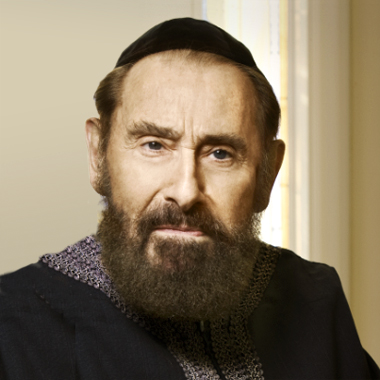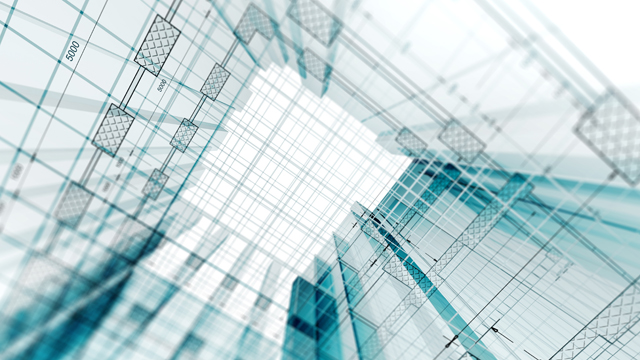

What is the portion of Terumah relating to? What is it dealing with? What does it address? It addresses the tabernacle, which was built for the Israelites when they left Egypt. A tabernacle that no longer exists. In fact, it will never exist again, because ultimately it was replaced by the Holy Temple. This portion deals with how that tabernacle was created—not only the tabernacle itself, but all the instruments and tools that were included in the tabernacle.
If it was up to me, I would say, why listen to something that doesn’t exist anymore. How will I personally benefit? Although I know that the tabernacle is the idea for synagogues around the world. Synagogues, we are told, replaced the tabernacle, just like when the Israelites were in the wilderness and did not have the Holy Temple; in its place they had the tabernacle. Therefore now that we don’t have the Holy Temple, we go to a synagogue and pay our respects.
Yet I cannot accept that kind of definition, because why would the Creator spend this amount of ink if it does not pertain to us any longer. In a very interesting section of Terumah, it says “vaasu li mikdash” (they shall make a sanctuary for me), “ve shacahnti betocham” (so that I shall dwell amongst them). Now, “vaasu li mikdash” means the tabernacle. And therefore it should have said, “I will therefore dwell within it,” notamongst them. Who is “them” if it’s referring to a sanctuary?
One other thought that I would like to stress is how many verses will be read in Terumah. There are 96 verses in this section of Terumah. Why 96? The Hebrew numerical value of 96 is “tzadik vav tzav,” which also means commandment. Kabbalistically, this is not the way we interpret “tzav,” but for 3400 years this word “tzav” has been associated with commandments. The kabbalists teach that there is no such thing as commandments. The Zohar says, the word commandment means idol worshipping.
Therefore, following through with idea of why there are 96 verses or “tzav” verses, is because we worship the temple, we worship the synagogue, or we worship in it. However, there is no such thing as worshiping God. Does God need something from me? No. That this whole idea of a synagogue, temple, church or mosque is not to say that they have no function—but to understand that the purpose as to why we should attend a particular house of worship is the direct result of receiving energy that will change my week, that my life will be so enhanced by what takes place with my presence. Therefore, when it says, “I shall dwell amongst them,” it is not referring to the synagogue; it is referring to the people. Because the function of a sanctuary, of a church, of a temple, of a synagogue is to give people an opportunity to use this technology and instrument as a channel by which they can tap into the Lightforce of God.
Once there is an additional Light in my life, so too there will be an absence of darkness. The degree of Light is the absence of darkness. Because the two cannot coexist. So the problem that we have in our lives is only one: The absence of Light. Therefore our lives are filled with darkness, chaos, pain and suffering. And so, we do not worship the temple, or consider the temple as something of significance, but rather as an instrument by which we can take advantage of a particular energy which provides us with the sustenance necessary to continue on next week without any flaws, without any degree of chaos, pain or suffering.
This is an invaluable tool. Thus, every aspect of the tabernacle is referring to building our own tabernacle. This body is a tabernacle. Fill it. Fill this tabernacle with Light and therefore the Creator shall dwell amongst them, meaning all the peoples of the world. It doesn’t say I shall dwell in the synagogue or I shall dwell in the church. No, they are merely instruments, media by which we can tap into the Lightforce of God, and improve our lives by virtue of containing the Lightforce within us and by its very nature removing darkness from our lives.